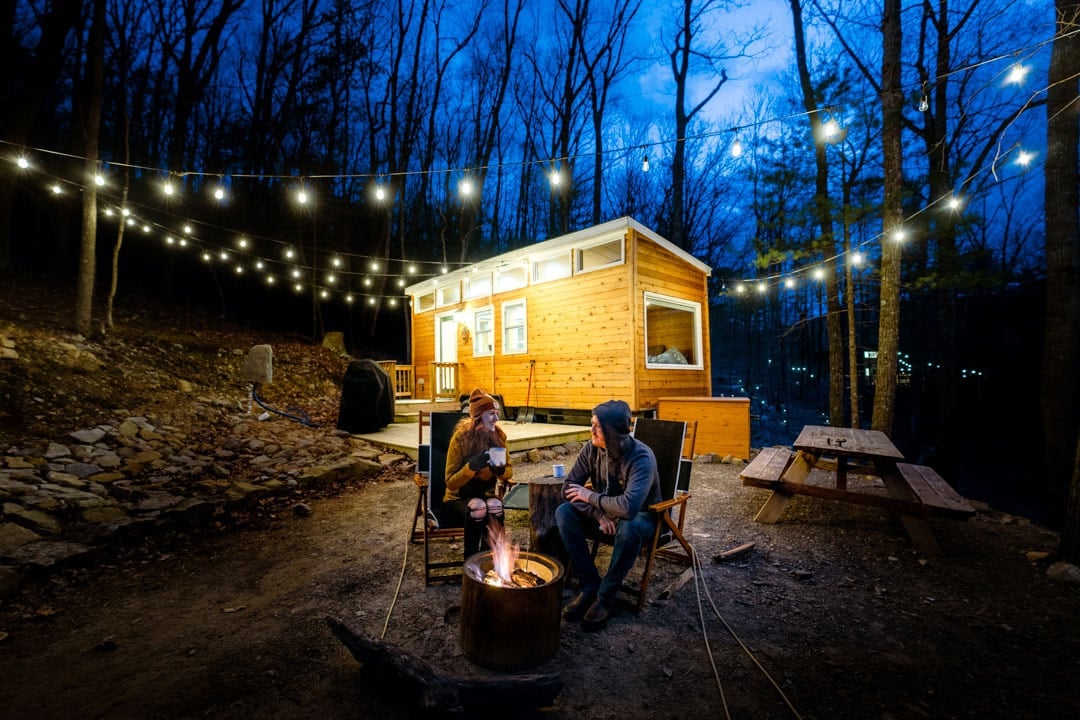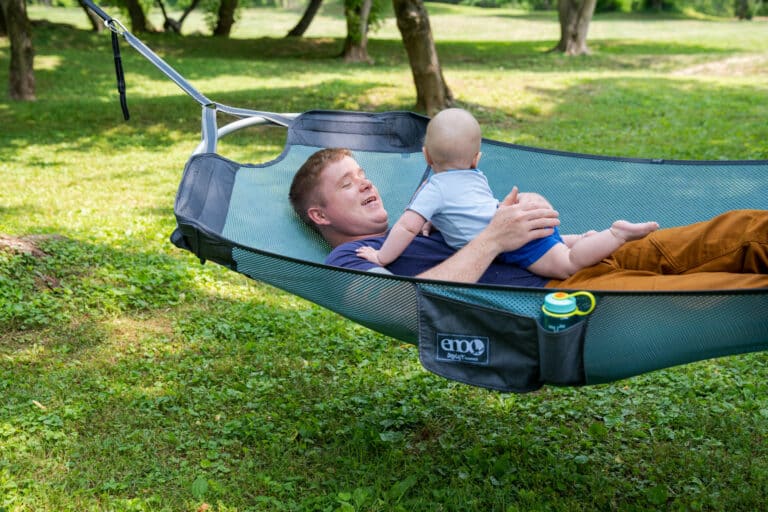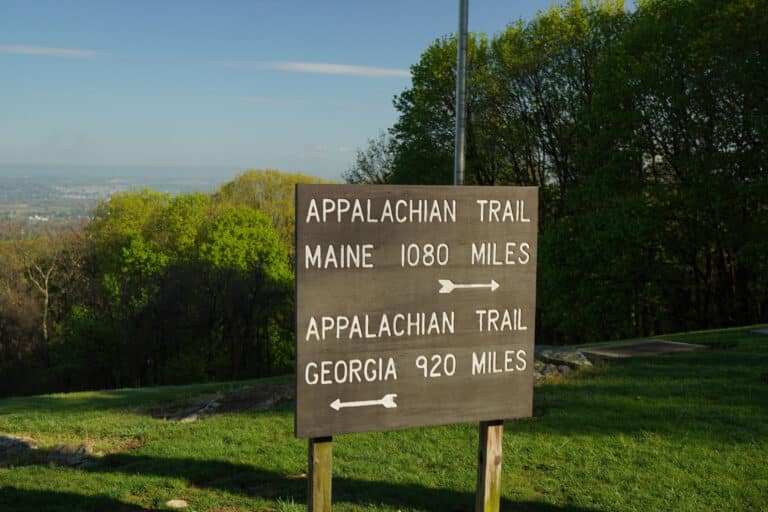How Two New West Virginia Destinations Are Making Travel More Accessible
From the outside, the building that was formerly a school still looks like it did after construction in 1912, with a brick facade and large classroom windows. But looking a little closer, updated details—like the synthetic grass for guide animals and sliding doors at its entrance—become apparent. Today, the former White Sulphur High School has been transformed into the appropriately named Schoolhouse Hotel.
But this isn’t your average boutique hotel. Located in White Sulphur Springs, W.Va., rooms at the Schoolhouse Hotel were designed to be accessible for guests with disabilities. “One in five Americans lives with a disability, yet the needs of this market are largely underserved and ignored by the travel and hospitality industries,” said Charles Hammerman, president, and CEO of the Disability Opportunity Fund (DOF).
The Schoolhouse Hotel and another West Virginia destination, Lost River Vacations, are part of a growing movement in the travel industry to seamlessly integrate access needs.
A Thoughtful Redesign
In the last decade, many towns and counties in Appalachia have turned to tourism and outdoor recreation to stimulate economic growth. After a devastating flood in 2016, White Sulphur Springs was one of those places. The Schoolhouse Hotel combines that economic investment with DOF’s focus on innovative projects for people with disabilities and their families.
Accessibility is at the forefront of the remodel, with special attention paid to lighting and sound features, counter height, and automated services. “Instead of fitting a few specially designed rooms for those with special needs into a property, we designed and constructed the property to cater to all needs,” Hammerman said.
The Schoolhouse Hotel incorporates technology and other design elements to accommodate guests who are neurodivergent, mobility-challenged, blind, and deaf. Interior colors fall in the cool range and light fixtures limit the views of illuminated bulbs for guests with light sensitivities while all rooms are accessible via a key fob or phone app. With just 30 rooms on site, each features an expansive layout for guests in a wheelchair or scooter. Inside the bathrooms, guests will find low-counter sinks, touchpad-controlled toilets, and roll-in showers.
Although the Americans with Disabilities Act “prohibits places of public accommodation from discriminating against individuals with disabilities,” that level of accessibility doesn’t look the same across the board. Stairs, the width of doorways, furniture in rooms, and other obstacles can limit who feels welcome and can even get into a space.
But many in the tourism industry are now focusing on welcoming travelers of all abilities to hotels, restaurants, trails, and river access points. “Having a comfortable stay and positive travel experience is not out of reach for people of varying abilities,” Hammerman said. “We hope this becomes a blueprint for the hospitality industry. The differences between a standard hotel and one that is fully accessible aren’t difficult—this is how a hotel should be built.”
A Forested Retreat
It started as a conversation over beers between three friends reminiscing about childhood memories filled with outdoor adventures. Jane Jonas, Shawn Harrington, and Andrew St. Cyr met during their time at Gallaudet University, an institution dedicated to the education of Deaf and hard of hearing individuals through American Sign Language and English. Soon the discussion turned to the lack of Deaf-owned getaways in the area, and on that night in the winter of 2017, the idea for Lost River Vacations was born.
Since launching a Kickstarter in 2018, the team has built two small cabins—the Acorn and Black Oak—on their secluded property in Mathias, W.Va., with plans to add a third in the coming months. Guests can play the disc golf course on site, plus easily reach outdoor spots like hiking at Lost River State Park and swimming in George Washington National Forest’s Trout Pond.
The entire process has been a community effort, as the Lost River team hired deaf entrepreneurs across all phases of the project, from the actual construction of the cabins to signage, logos, custom furniture, trail planning, and artwork. For Jonas, this is just one part of her years-long dedication to supporting and mentoring deaf business owners. “Historically, there has been very little information out there in American Sign Language, and not much support to intentionally grow deaf entrepreneurship,” she said.
“We were able to truly unplug from the outside world and tune in to each other on an amazing level.”
For Jonas, Harrington, and St. Cyr, it was important to show deaf children, their parents, and the hearing community that it’s possible to be productive and successful while embracing one’s identity. “Deaf people and deaf businesses have been marginalized for a long time,” Harrington said. “If you take a deaf business and a hearing business, people typically choose the hearing business.”
To reciprocate community support, the Lost River Vacations owners recently collaborated with the West Virginia School for the Deaf, hosting the first annual Deaf Art Seekers retreat earlier this spring. “By investing in our community and in each other, we all rise,” Jonas said.
Tiffany Saccente, a D.C. photographer and one of the Deaf Art Seekers retreat hosts, said they chose Lost River Vacations to host the retreat for the owners’ longstanding advocacy and support of creatives and business owners. Deaf artists from a variety of mediums came together for a weekend of workshops and networking, and a variety of Deaf businesses sponsored the retreat to make it affordable for attendees.
“We were able to truly unplug from the outside world and tune in to each other on an amazing level,” Saccente said. “The end result was a collaborative experience unlike anything we’ve had in the area before.”
Cover Photo: The Acorn, a cabin at Lost River Vacations. Photo Courtesy of Lost River Vacations.








